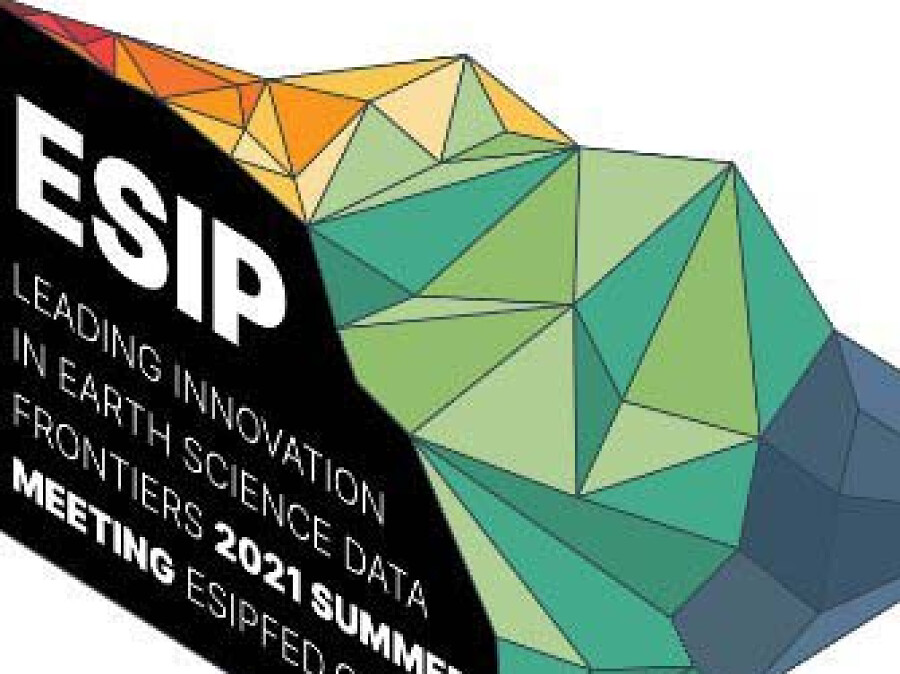Fighting future wildfires with data - HMC at the ESIP Summer Conference 2021
2021 is an historic year for wildfires, which have burnt through large tracts of western North America, the Mediterranean region, Siberia, and many other parts of the world. Drought and rising global temperatures have contributed to the often unprecedented scale, intensity, and frequency of these wildfires .
To support fire fighting efforts on the ground, we need new, global approaches to process and share data collected before, during and after fires. These approaches must support firefighters, administrations, environmental researchers, and citizens in reducing the risks and impacts of such fires in the future, through long-term landscape planning or short-term decisions on the fire front.
Digitising and sharing expert knowledge on wildfires was the topic of a joint session of the Agriculture and Climate cluster and the Semantic Harmonization Cluster at this year's summer meeting of the Earth Science Information Partners (ESIP). During this session, Pier Luigi Buttigieg, Digital Knowledge Steward in the Earth and Environment Hub of the Helmholtz Metadata Collaboration (HMC), presented opportunities and challenges for digitising, and aligning knowledge about wildfires using semantic web and knowledge representation technologies. This session launched the next mission of the Semantic Harmonization Cluster, focusing on enhancing interoperability of data about environmental hazards and disasters (link to the session on the ESIP YouTube channel).
Emanuel Söding, coordinator of the HMC Earth and Environment Hub, also presented the HMC and its goals in general in a "Research Showcase" during the ESIP Summer Conference (link to poster).
ESIP was founded in 1998 by the US space agency NASA and is sponsored now be NASA; NOAA and USGS. At the conferences organised by ESIP, the world's leading experts on Earth observation data and its practical use exchange the latest ideas and developments. ESIP currently comprises more than 120 member organisations such as data centres, government research laboratories, research universities, educational resource providers, technology developers and non-profit and commercial companies. In 2020, the HMC became a member of ESIP to join global efforts to federate Earth science data for science and society.
